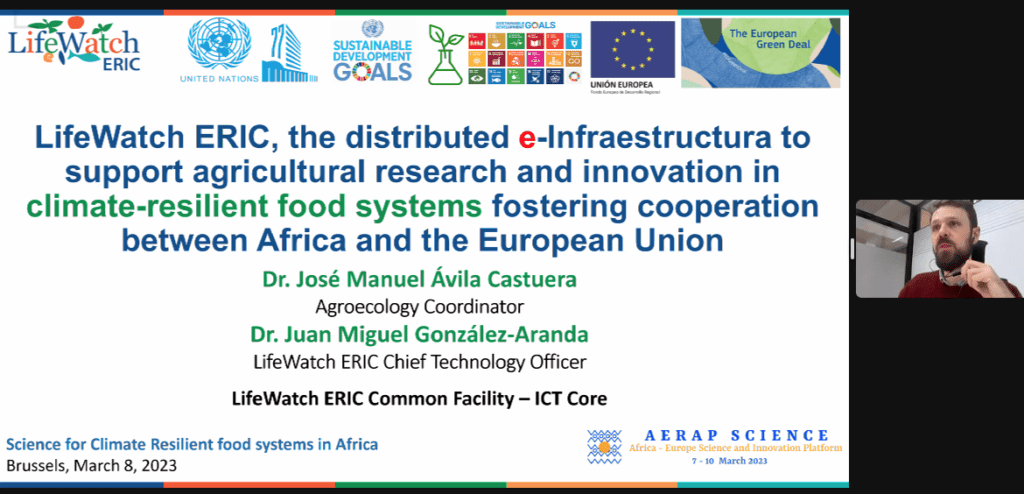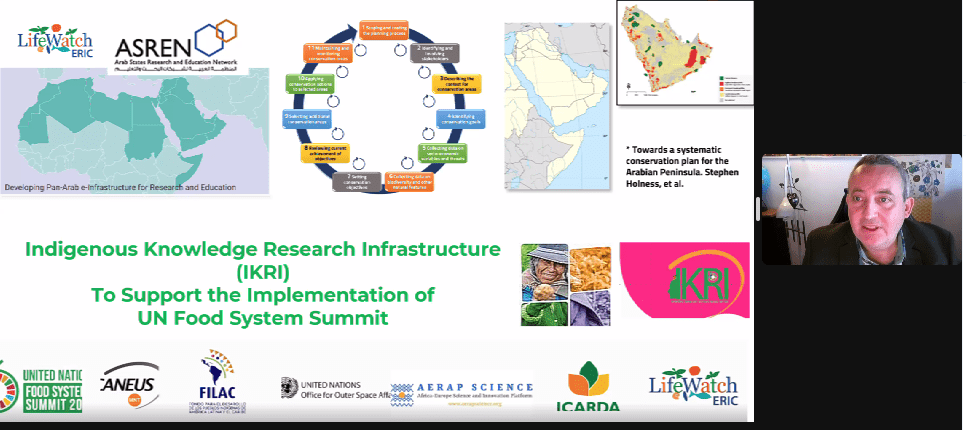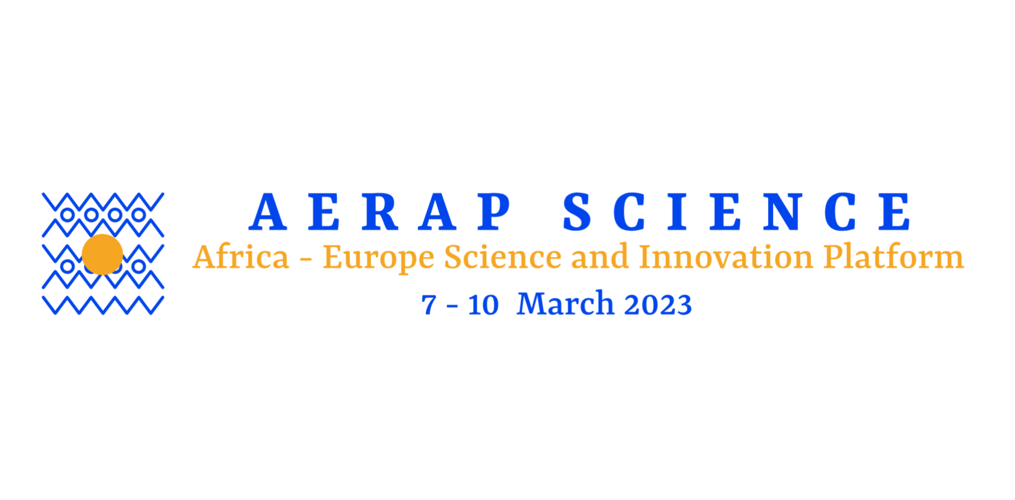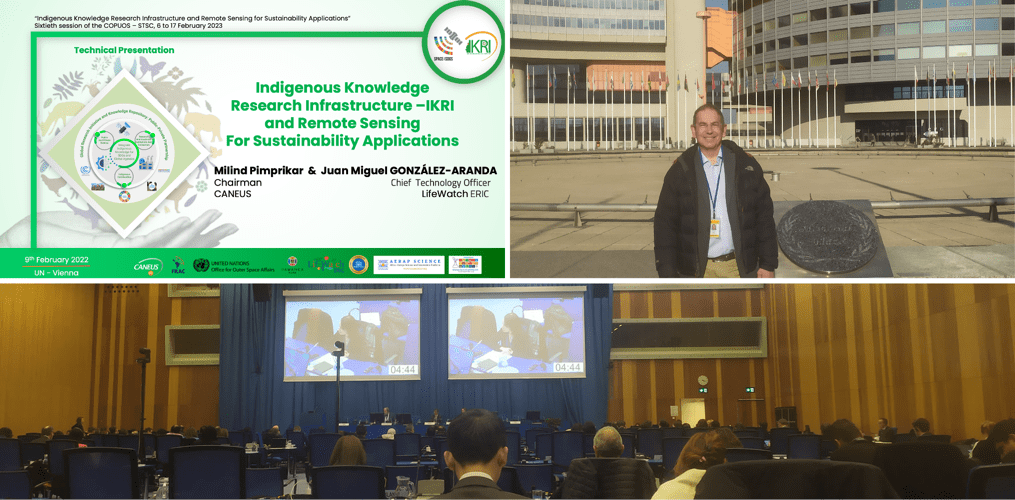This week, LifeWatch ERIC participated in the AERAP Africa-Europe Science and Innovation Forum, an event to reinforce the contribution of research and science through digital technologies and advance collaboration between European and African institutions through strategic innovation programmes. The forum was held in the South African Embassy in Brussels, and focused on the EU Partnership Strategy with Africa, the African Union-European Union Innovation Agenda, the EU Biodiversity Strategy for 2030, compliance with the SDGs, and the Strategy on Research Infrastructures.
LifeWatch ERIC Chief Technology Officer, Juan Miguel González-Aranda, presented in the session ‘Microbial sciences for a sustainable future’, which also featured the participation of Stefano Bertuzzi, CEO of the American Society for Microbiology; Eugene Lottering, of the National Research Foundation in South Africa, and Zeinab Osman, director general of the National Centre for Research in Sudan.
He demonstrated how LifeWatch ERIC promotes synergies in science, technology and innovation between entities and researchers from Africa and Europe, through partnership agreements which foster the green transition and access to energy. Within the AERAP platform, he co-chairs the Green Deal subgroup together with Georgina Ryan, Deputy Director for Green Economy of the Government of South Africa. Furthermore, he explained how LifeWatch ERIC cooperates with the Arab Science Research and Education Network (ASREN) and is helping the coordination of the Indigenous Knowledge Research Infrastructure (IKRI) to support the implementation of the UN Food System Summit. He also made a special mention of African researchers working in the LifeWatch ERIC Artificial Intelligence team, Rohaifa Khaldi and Yassir Benhammou, who just recently were awarded a prize at the AI4Science Workshop by a jury that included representatives from DeepMind and Google.
LifeWatch ERIC Agroecology Coordinator, José Manuel Ávila Castuera, spoke in the session ‘Science for Climate Resilient food systems in Africa’, which included speakers Petronella Chaminuka, Head of the Economic Analysis Unit, Agricultural Research Council of South Africa; and Intisar Soghayroun, who was Minister of Higher Education and Scientific Research in Sudan.
He explained the relevance of LifeWatch ERIC as a distributed e-Infrastructure to support agricultural research and innovation in climate-resilient food systems and foster cooperation between Africa and the EU, as a facility that provides resources and services for biodiversity and ecosystems research communities in the long-term. Likewise, he detailed the involvement of LifeWatch ERIC in the structuring of the EU partnership on agroecology, through projects such as AE4EU and ALL-READY, among others. He explained the ten elements of agroecology to change the production paradigm and achieve new models for food provisioning in a globalised context. Adoption of agroecology principles can drive towards biodiversified agroecosystems, which are more sustainable from an environmental, economic and social perspective. This whole path of innovation could facilitate the implementation of an Africa-EU Research and Innovation Partnership on Food and Nutrition Security and Sustainable Agriculture.



